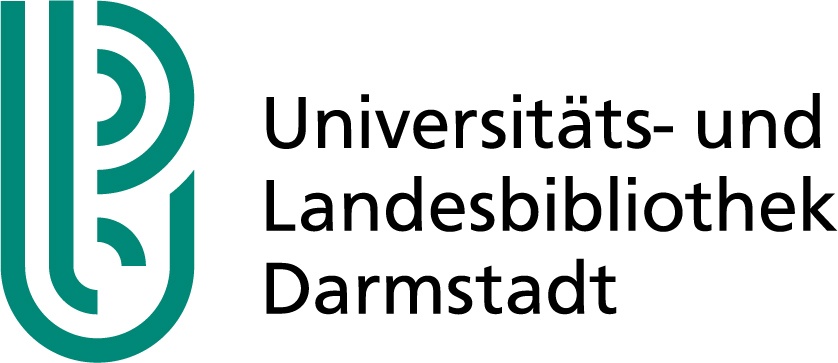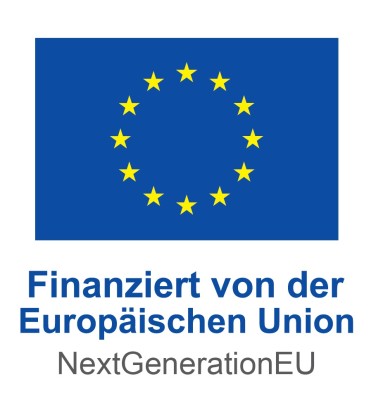Brief description
“Data literacy right from the start”
With this paradigm we emphasise the importance of education in data literacy (data usage & data supply) and show the way to sustainability in the use and supply of research data. Dalia is making a notable contribution to the implementation of the paradigm through the development of a platform for teaching and learning materials as a knowledge base for FAIR data usage and supply. This is implemented in a modern way, in line with the NFDI and the FAIR concept, as a semantic linked knowledge graph.
Work packages of the ULB
In order to achieve the planned functionality and quality, an information model is being developed in the project, with the ULB in the lead, which forms the basis for the semantic linking of the contents and entities. This allows the knowledge base to be developed as a knowledge graph based on semantic web technology (linked data). The semantic linking of teaching and learning materials made possible in this way is one of the central aspects for the realisation of FAIR materials. The current state of the art shows that digital education offerings that provide learners with open and digital learning materials meet the urgent need for inclusive, equitable and effective digital education. At the same time, these educational offerings need to be improved in function and quality through technological development. Based on the new information model, it will be possible to direct the research in this project towards, among other things, a search and recommendation service for personalised, high-quality information and teaching and learning materials. By offering personalised and problem-specific materials on the knowledge base, researchers, teachers and learners in science (and related fields) will be enabled to acquire the necessary data literacy for sustainable research, strengthen their own autonomy and motivation and thereby improve the effectiveness of the individual learning experience.
Project status
ongoing, 1.11.2022 – 31.10.2025
Project members
Cooperation partners
- TU Darmstadt, Institut für Fluidsystemtechnik (Koordination)
Prof. Dr.-Ing. Peter F. Pelz - RWTH Aachen University, Lehrstuhl für Bioanorganische Chemie,
Prof. Dr. rer. nat. Sonja Herres-Pawlis - RWTH Aachen University, IT Center
Prof. Dr. rer. nat. Matthias Müller - Akademie der Wissenschaften und der Literatur Mainz, Digitale Akademie,
Prof. Torsten Schrade - Universitätsmedizin Göttingen, Institut für Medizinische Informatik,
Prof. Dr. rer. nat. Ulrich Sax - TIB Hannover,
Dr. Gábor Kismihók



